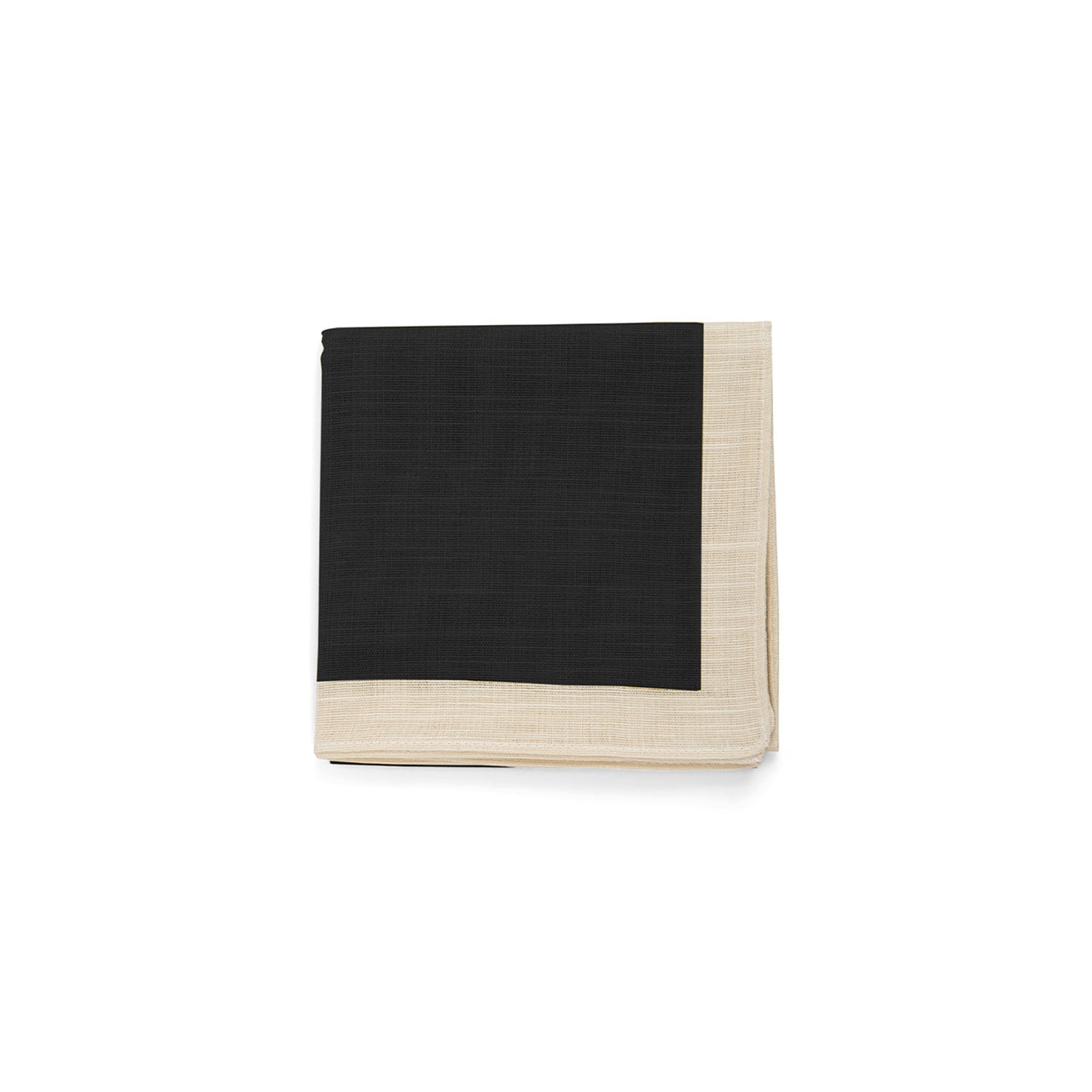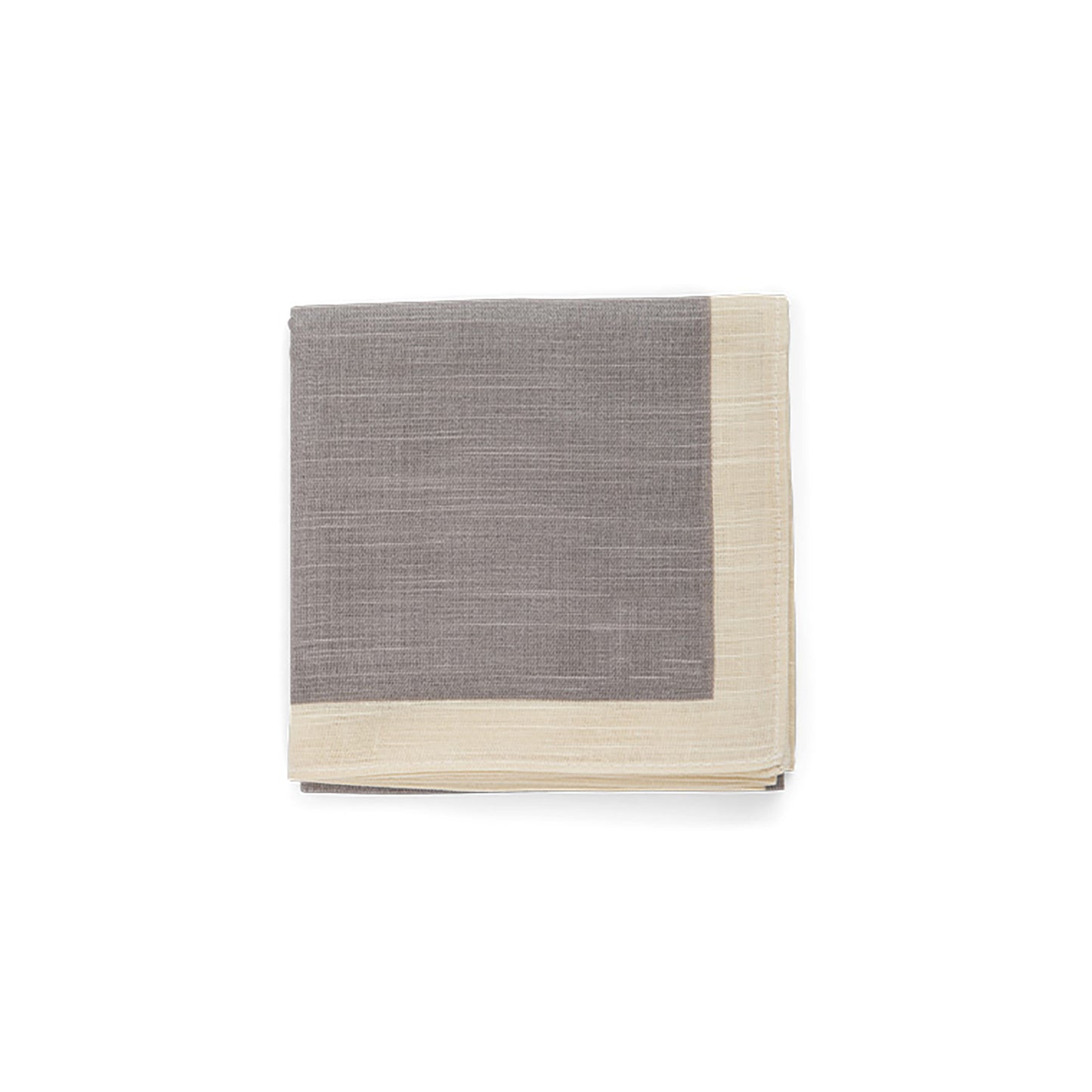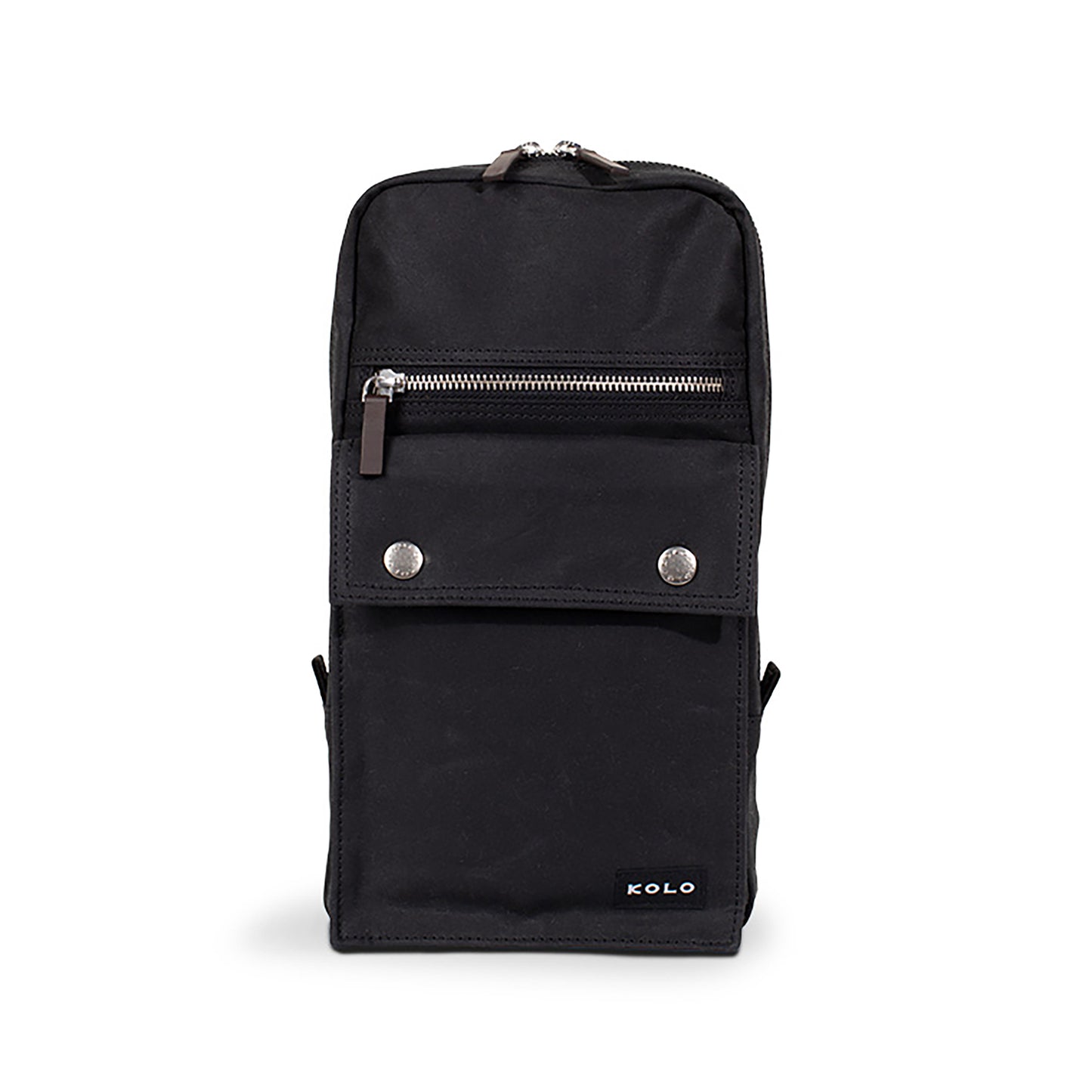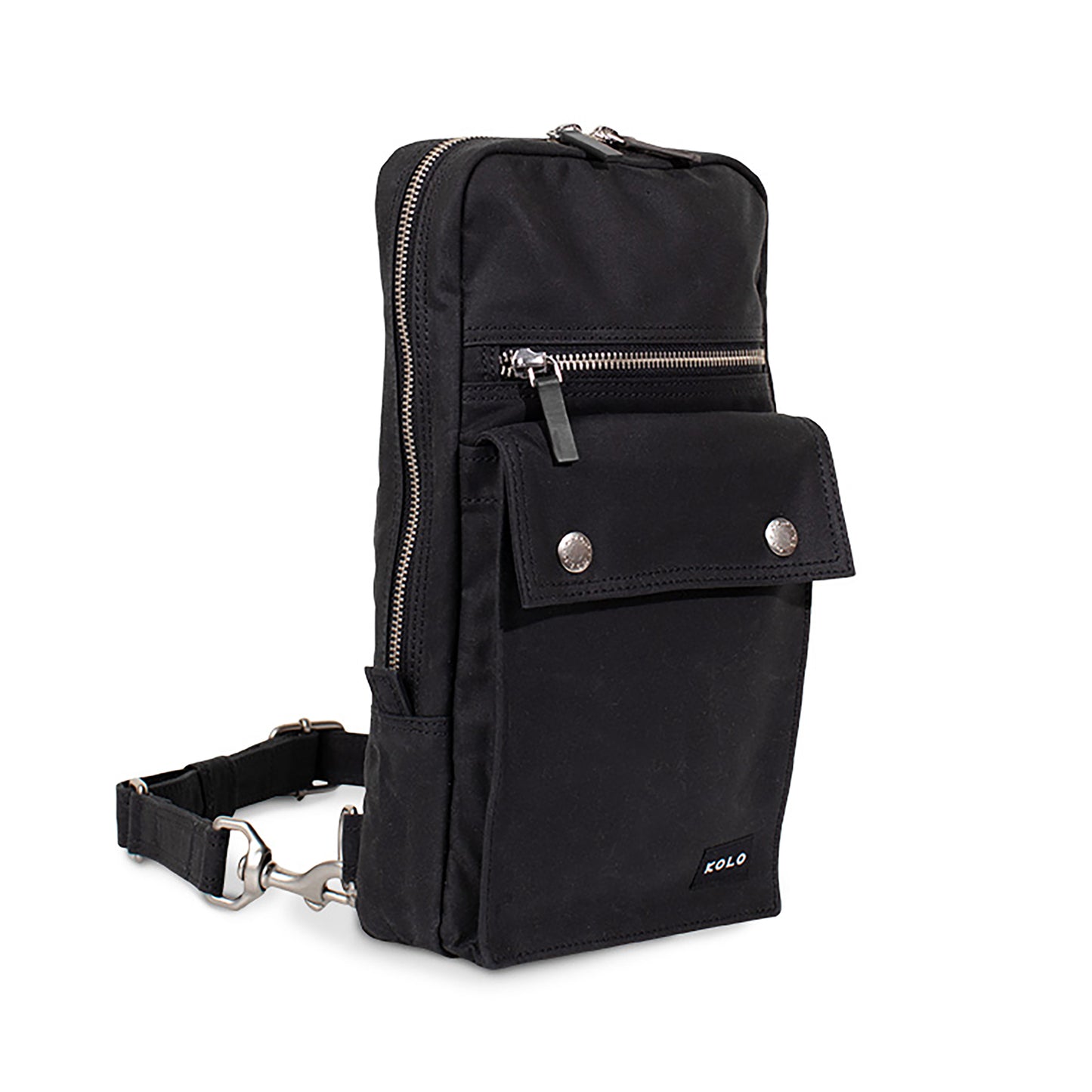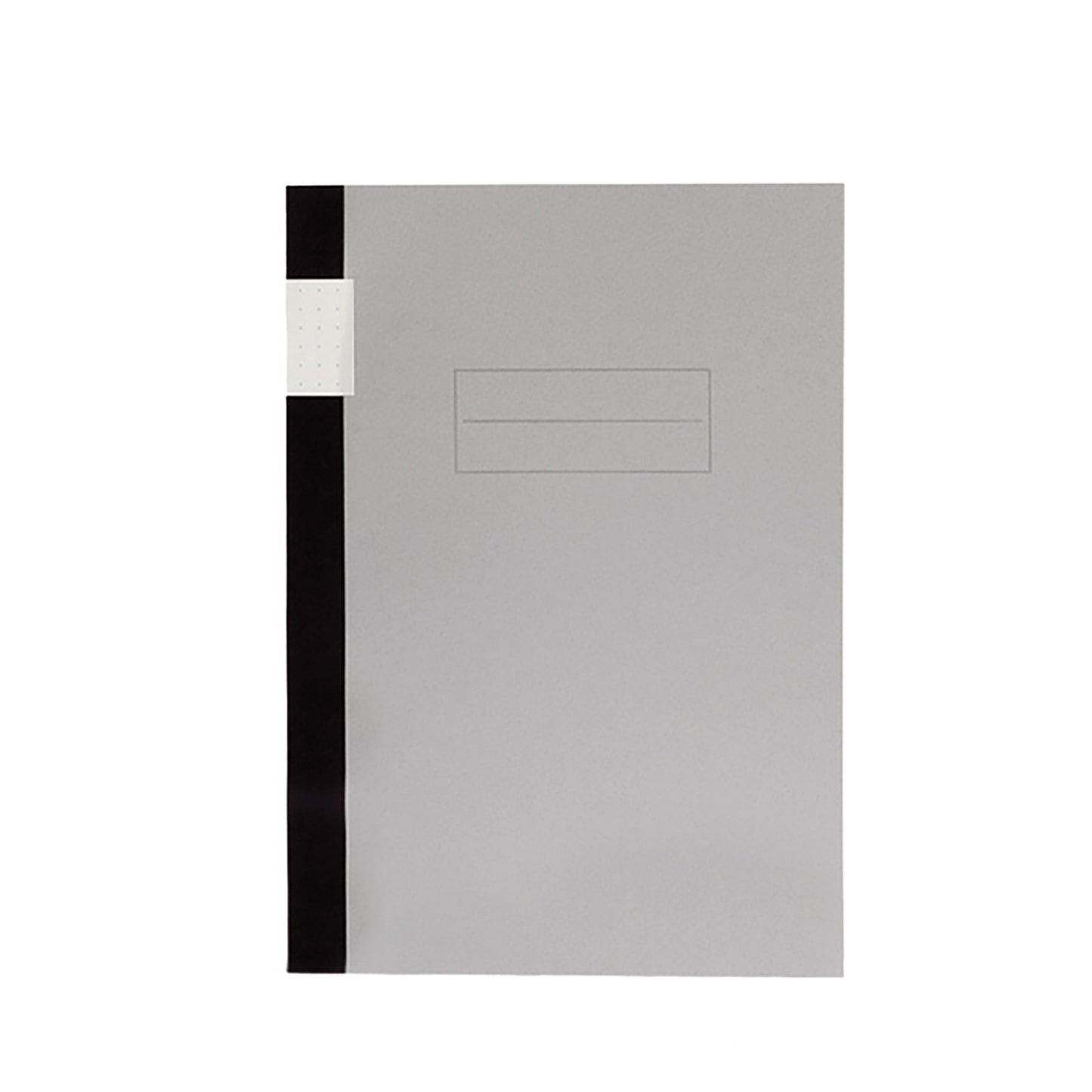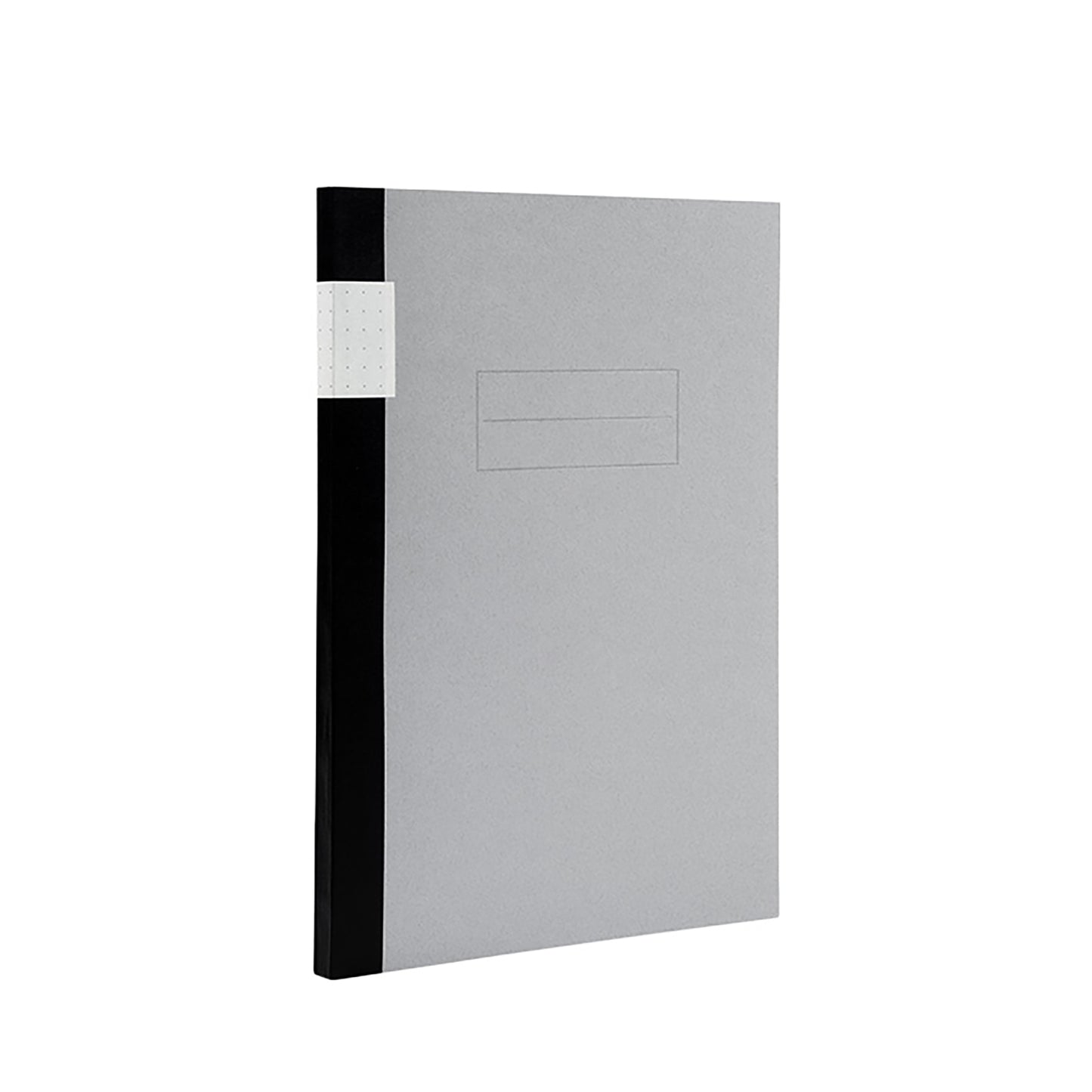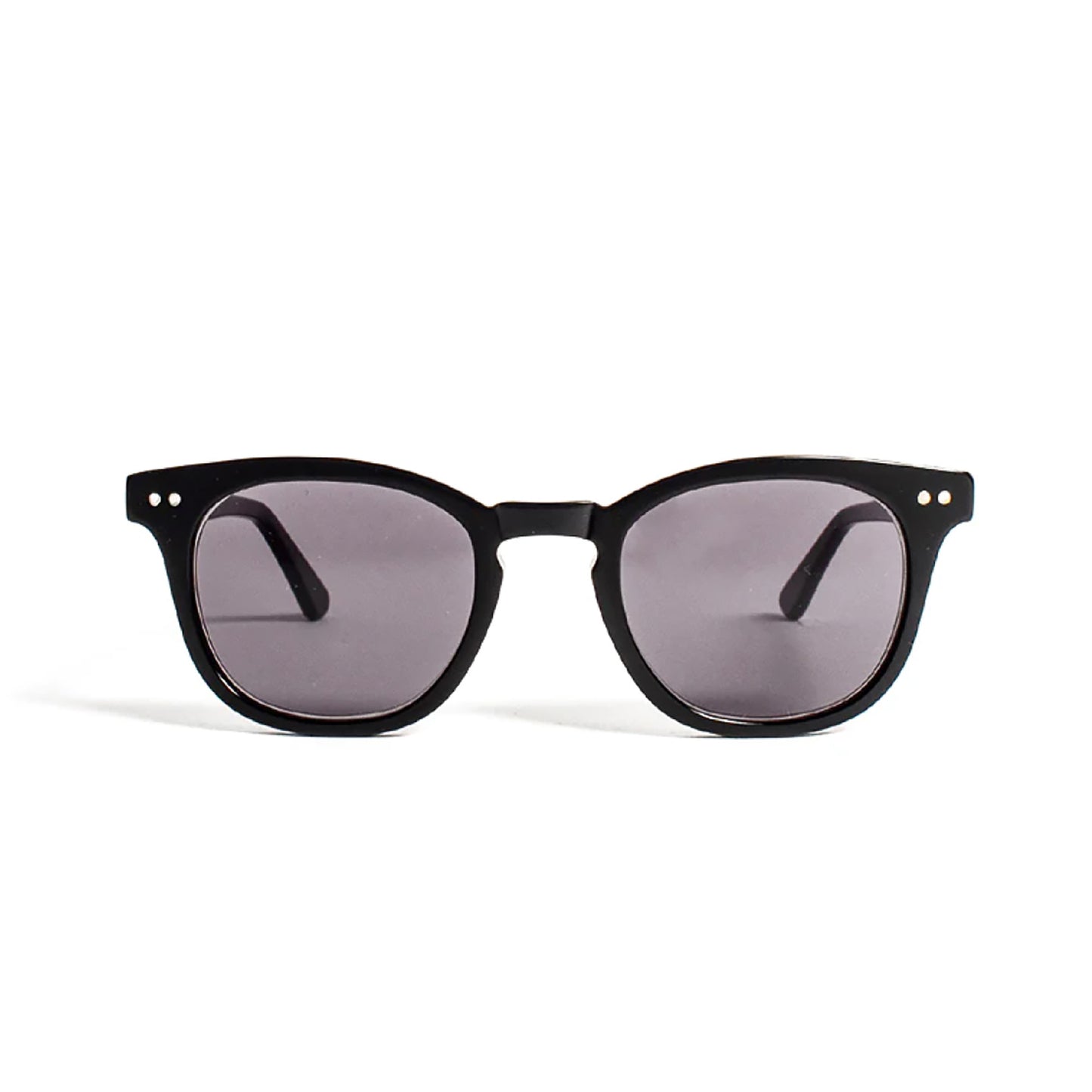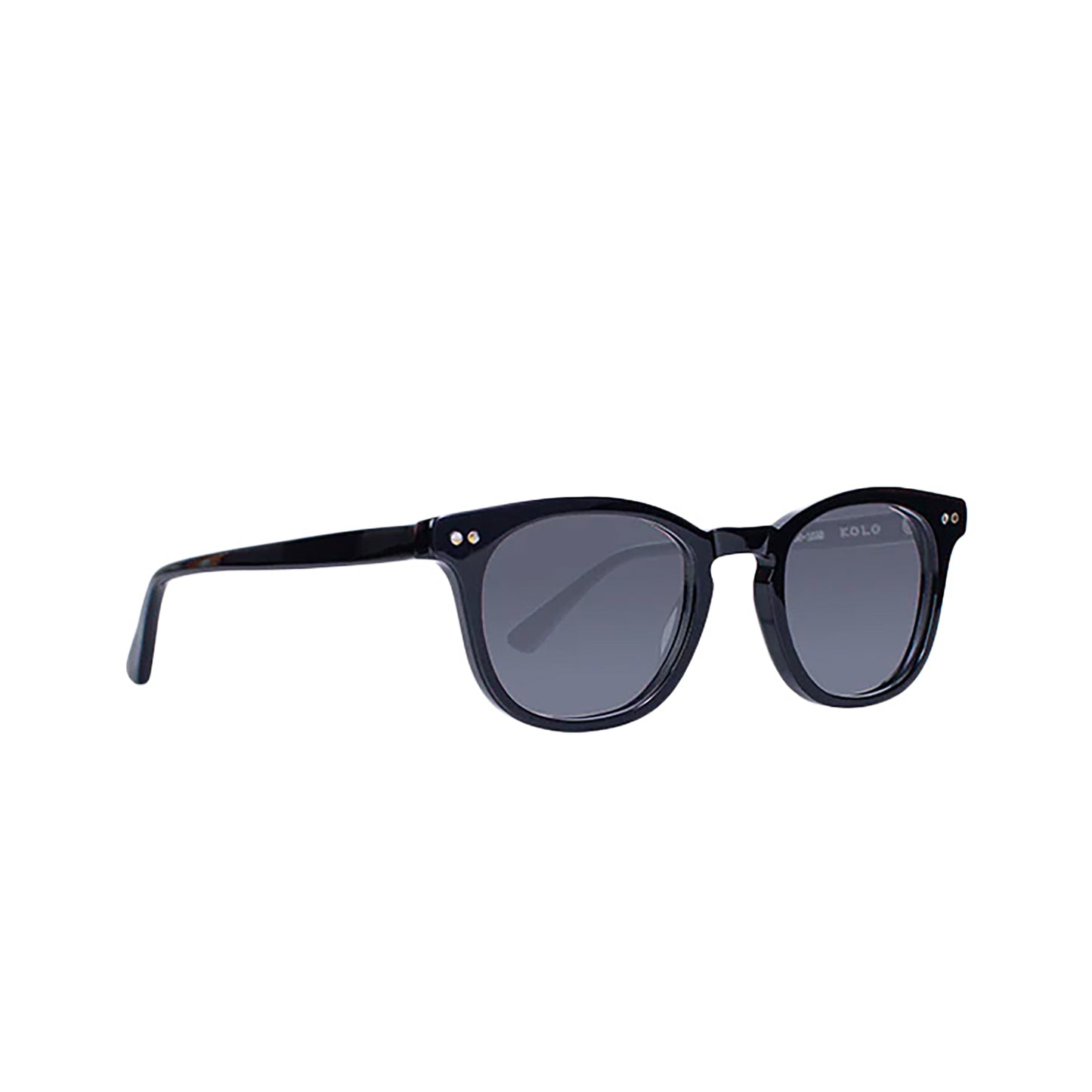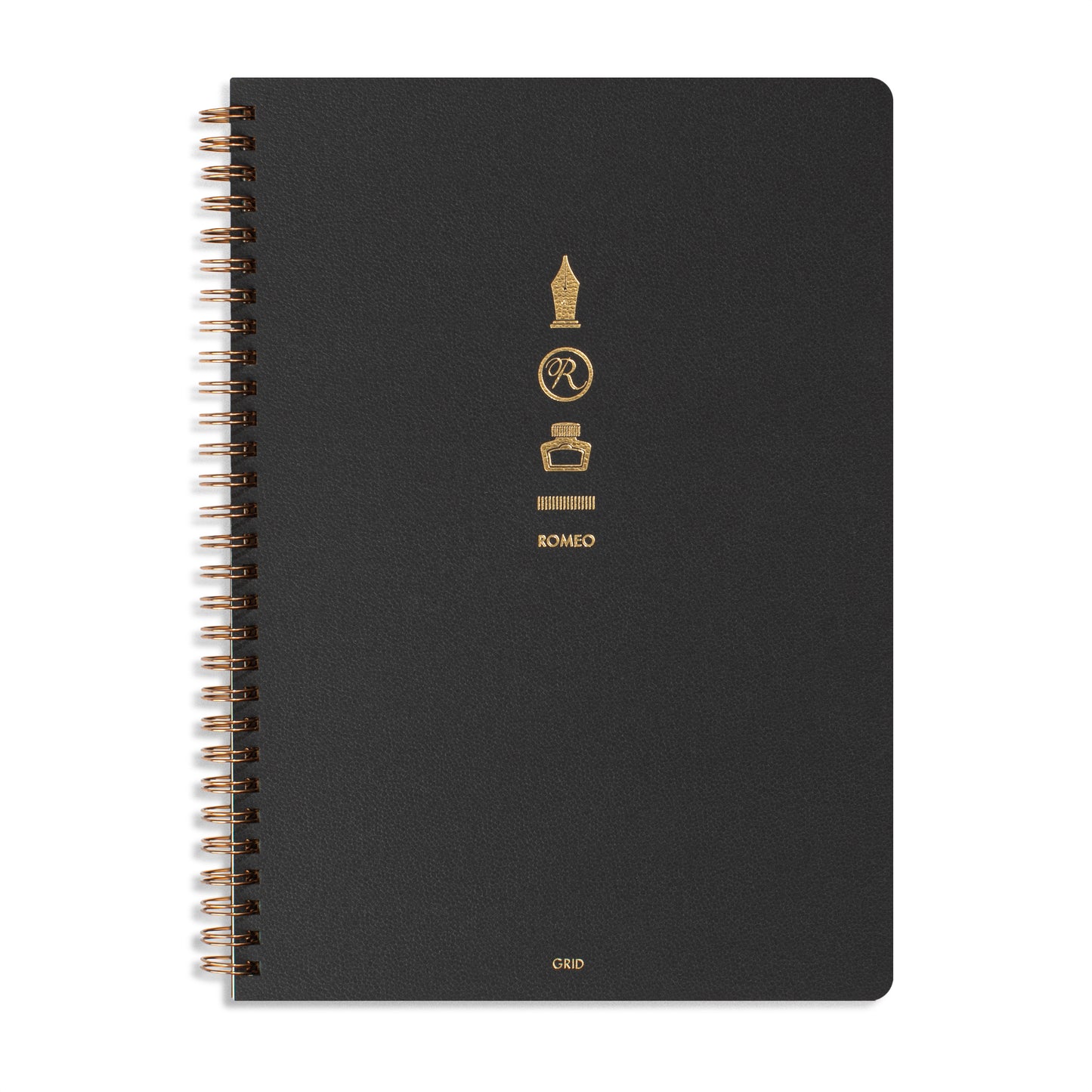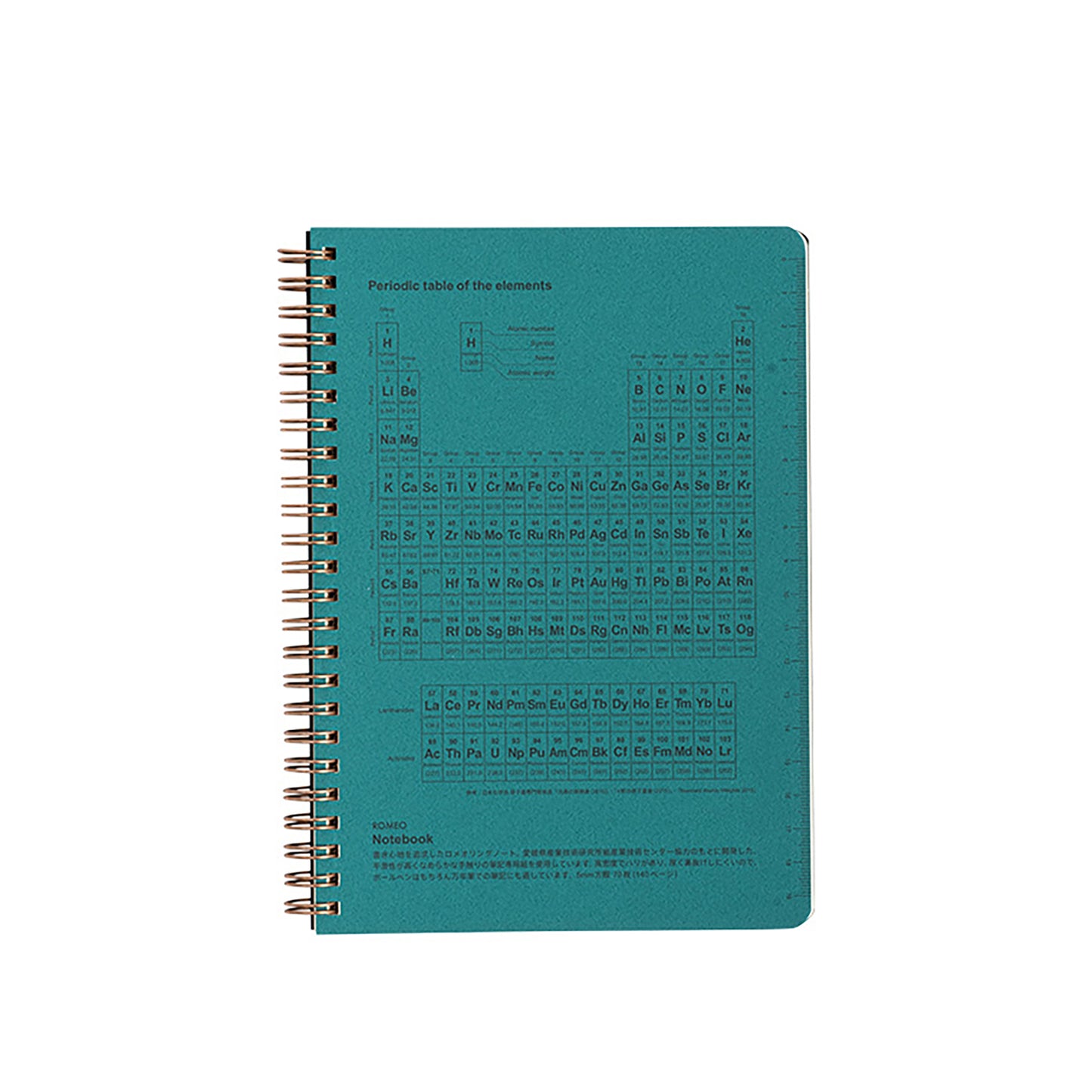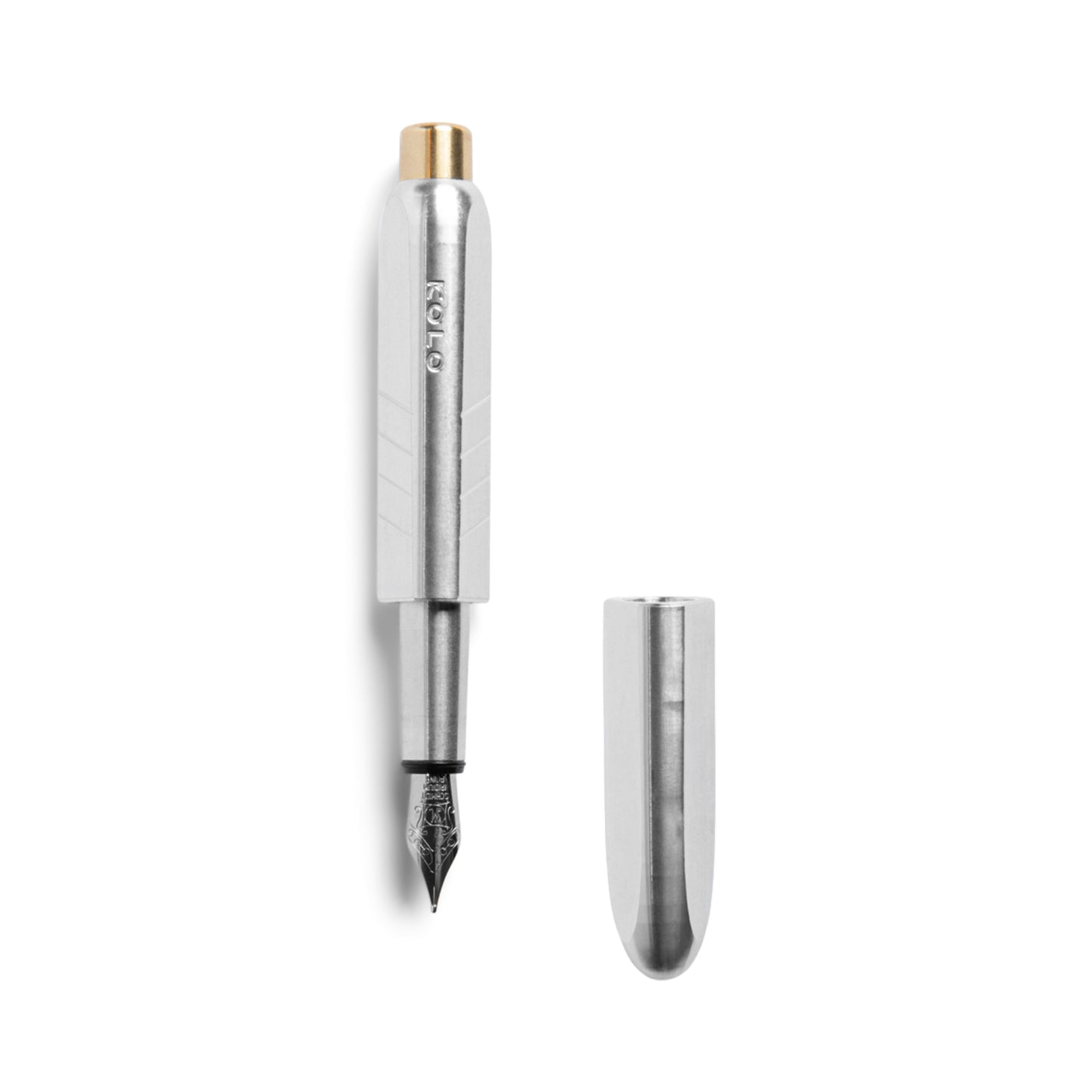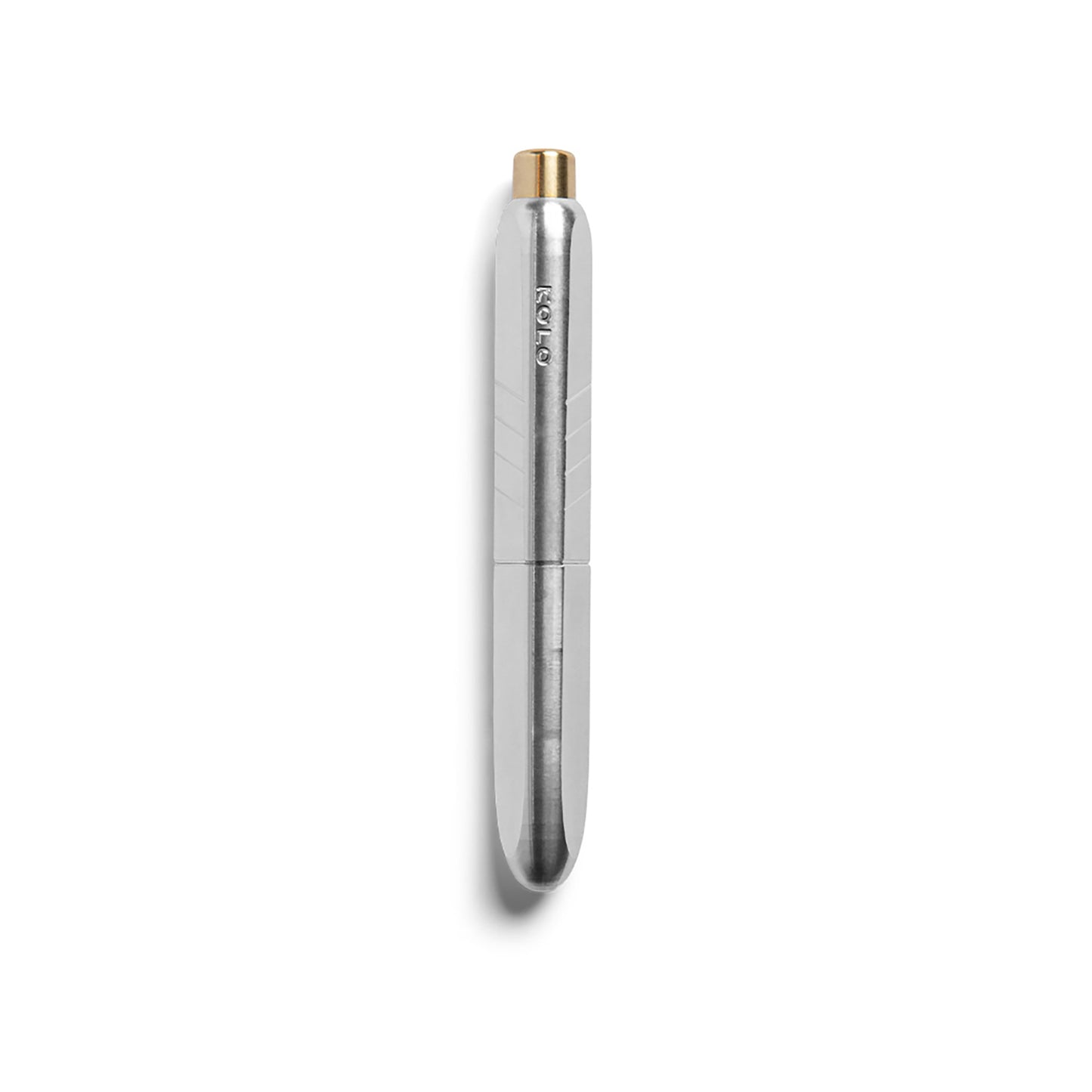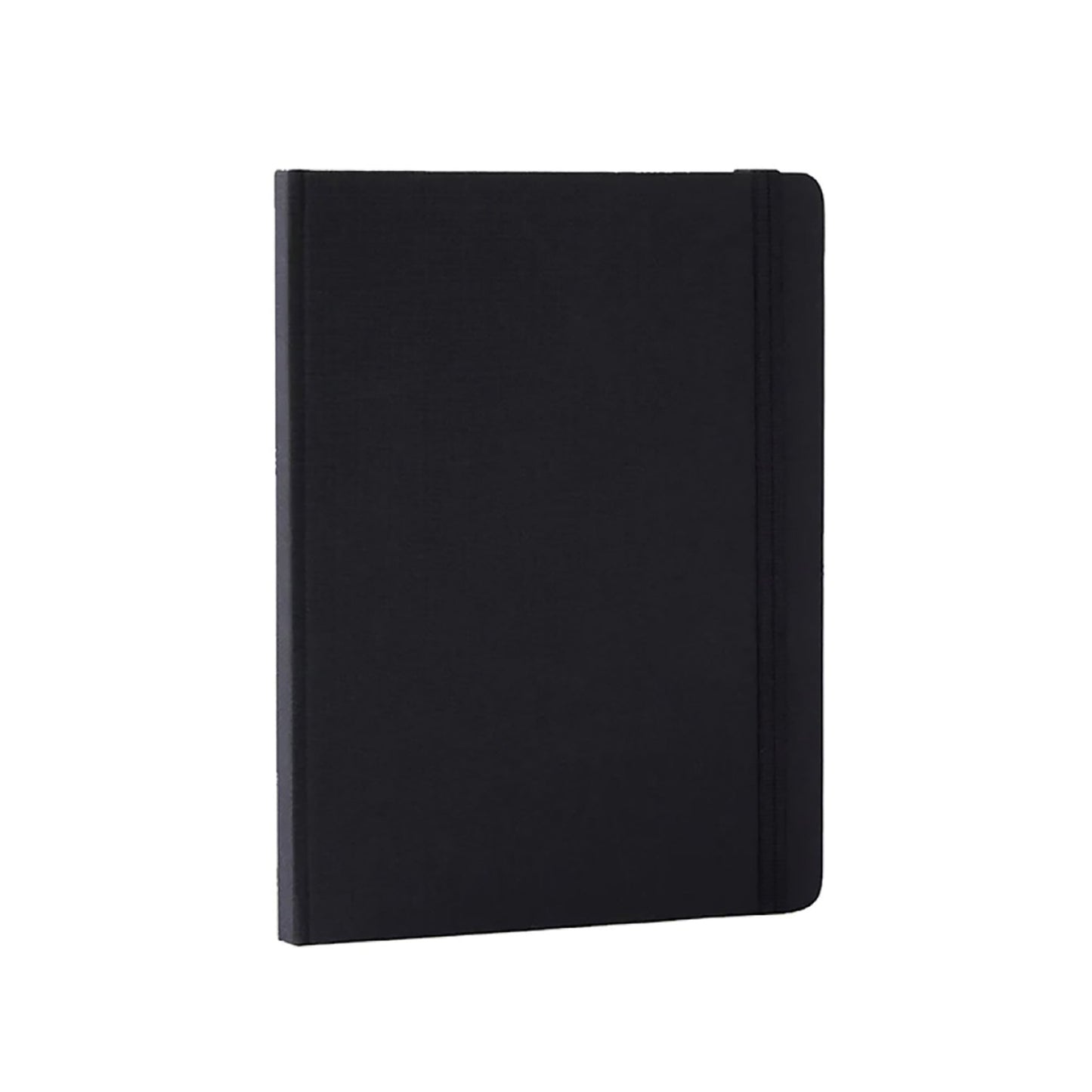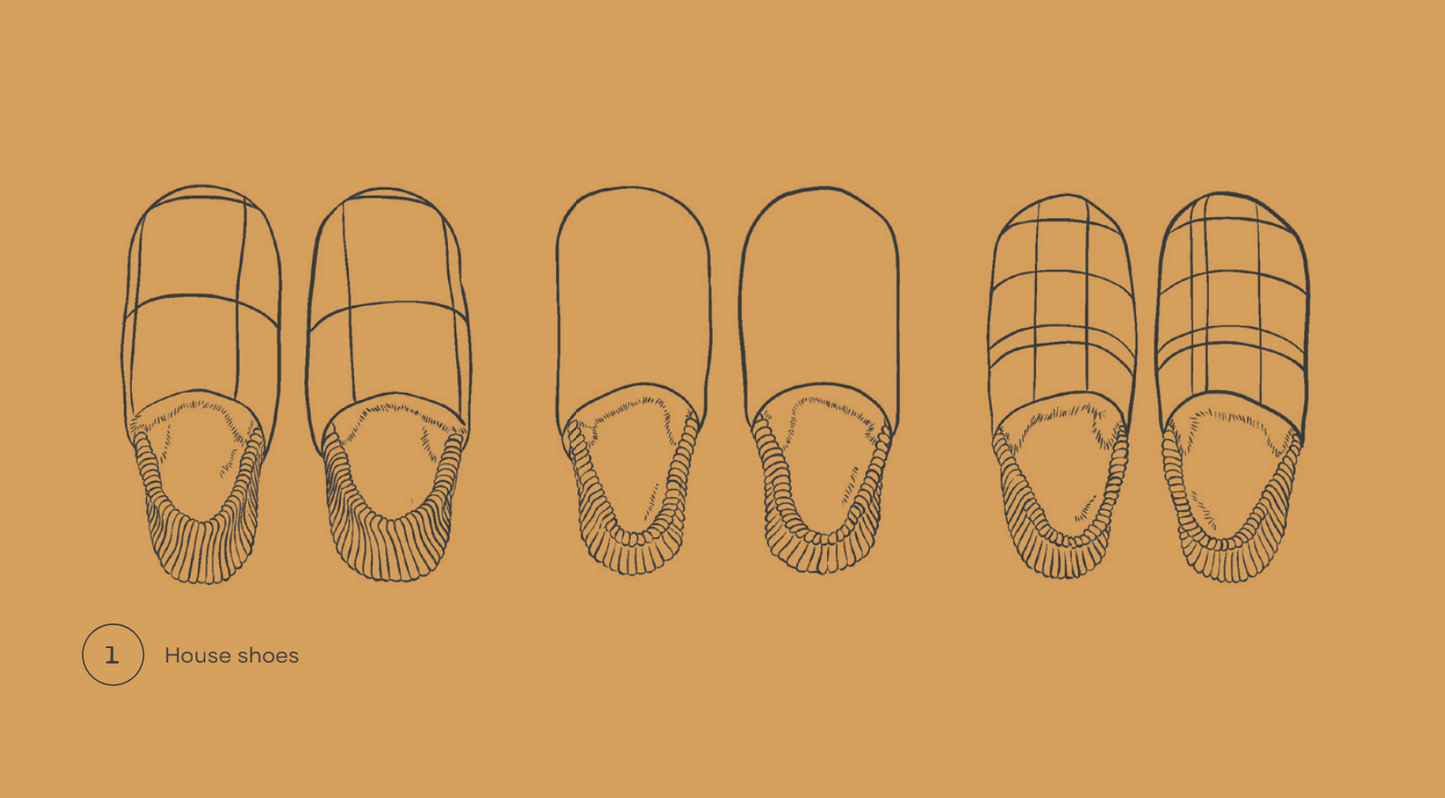
The Japanese have long upheld the practice of wearing house shoes, or "uwabaki," exclusively indoors, and their reasoning is rooted in a harmonious blend of practicality and cultural tradition.
First and foremost, the rationale behind wearing house shoes indoors lies in maintaining cleanliness and hygiene. By having separate shoes solely for indoor use, one avoids tracking dirt, dust, or other external pollutants into the pristine interior spaces. This ensures that living areas remain untainted, fostering an environment of purity and serenity within the home.
Additionally, wearing house shoes promotes a sense of mindfulness and respect for the spaces we inhabit. Japanese culture greatly values the delineation between public and private domains. By donning house shoes upon entering the home, one symbolically sheds the burdens and concerns of the outside world, embracing a more tranquil and introspective state of being.
Moreover, house shoes in Japanese culture also embody a deeper notion of social etiquette. In Japan, it is customary to remove one's shoes before entering another person's home as a gesture of politeness and consideration. By providing house shoes to guests, hosts ensure their comfort and demonstrate a welcoming attitude. It also signifies a shared understanding that the home is a sanctuary where personal boundaries are respected.
By adhering to the tradition of wearing house shoes indoors, the Japanese emphasize the importance of maintaining balance and harmony in their living spaces. It is a practice rooted in mindfulness, cleanliness, and the preservation of social customs. From a practical standpoint, it helps preserve the cleanliness of the home, while from a cultural perspective, it fosters a sense of reverence for personal spaces and promotes harmonious social interactions.
So, don your house shoes with grace and awareness, and in doing so, embrace the spirit of Japanese culture, where even the simplest acts can weave a tapestry of tranquility and reverence within the walls of one's home.

